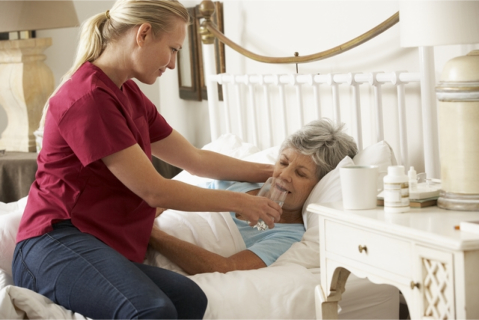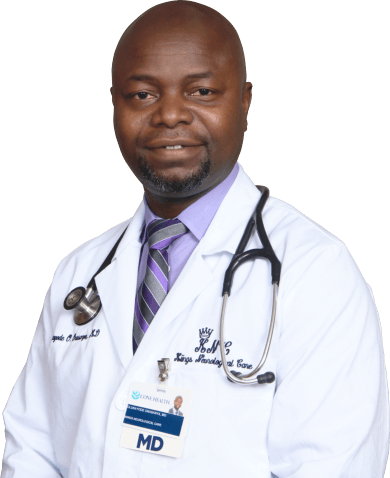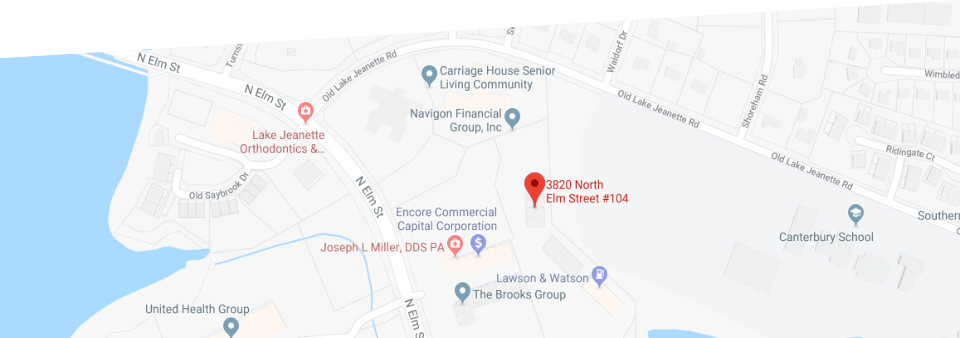
When your loved one survives from stroke, you don’t just celebrate the new lease of life. You also keep watch over other matters that need to preserve their overall health.
As experts in neurology practice, we would like to impart these ten items that family caregivers should know when they’re caring for a loved one who survived from stroke:
- Know the medications they’re taking
It’s vital that you are knowledgeable about the effectiveness and side effects of these drugs so you will have something to expect from their health. If you must ask their doctor, do so. - Watch out that they are not put at risk to stroke again
The first stroke can only put your loved one at risk for the next, which is more life-threatening. Help monitor their diet, assist them with daily exercises, and even aid them in their daily medications. - Be their cheerer
Depending on which part of your loved one’s brain has been affected by the stroke, their recovery can take time. Ensure that you’re encouraging them towards positive and total recovery. - Seek professional help when necessary
As a family caregiver, you might observe that your loved one can benefit much from professional assistance of a licensed physical therapist. Look for the right healthcare provider who can assist them. - Keep them safe from falls
Stroke survivors are at risk of falling due to their physical numbness. Watch out that they don’t fall so further injuries can be prevented. - Monitor their progress
It’s very helpful and emotionally enhancing if your loved one will know that they’re progressing in their recovery. Keep them updated on how much improvement they have gained from their treatment. - Monitor the change in their behavior
Not surprisingly, a stroke survivor may experience emotional struggles in the course of their recovery. Talk with their physician when you notice major behavior change that might need professional intervention. - Gather support from loved ones and other families of stroke survivors
Caring for your loved one can have its own stressful moments as well. Keep yourself up by gaining support from people who understand the caregiving role you’re doing. - Watch out for signs of depression which commonly take place in most stroke survivors
As soon as you spot depressive tendencies, manage them right away as they can keep your loved one from fully recovering. - Remember to take care of yourself
As their primary caregiver, you also have needs that are compromised which can trigger burnout when left unattended. Take temporary breaks from your caregiving roles and you will be a better care provider to your loved one.
At Kiings Neurological Care PLLC, we assist you in tending to the needs of your loved one, especially when they require comprehensive neurology in Greensboro, North Carolina. Don’t hesitate to contact us as we can provide you with adequate neuro care in North Carolina.
SHARE this with a friend who is caring for a stroke survivor.











